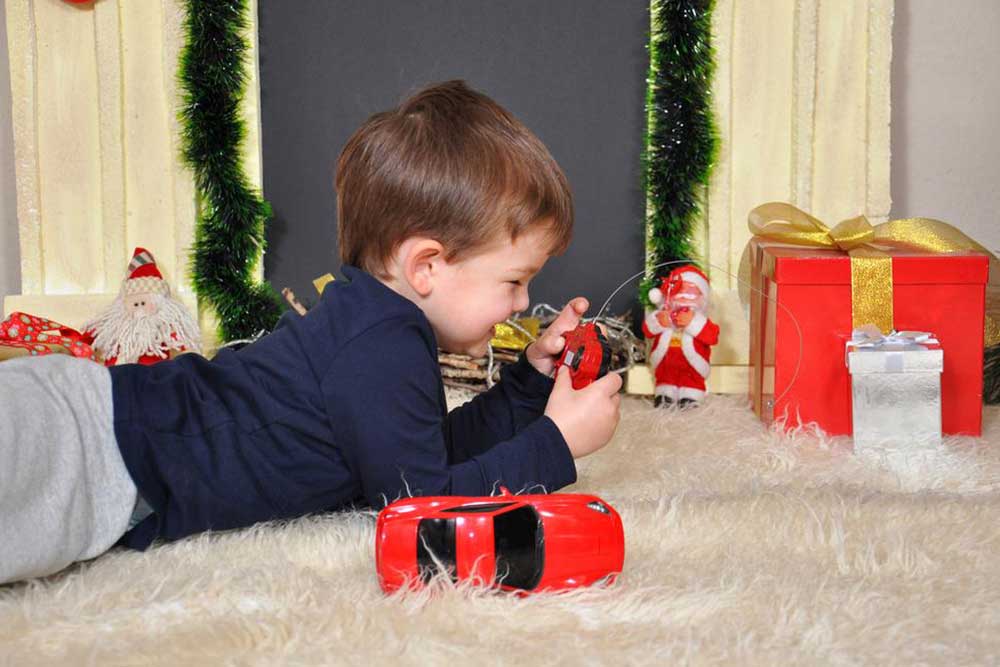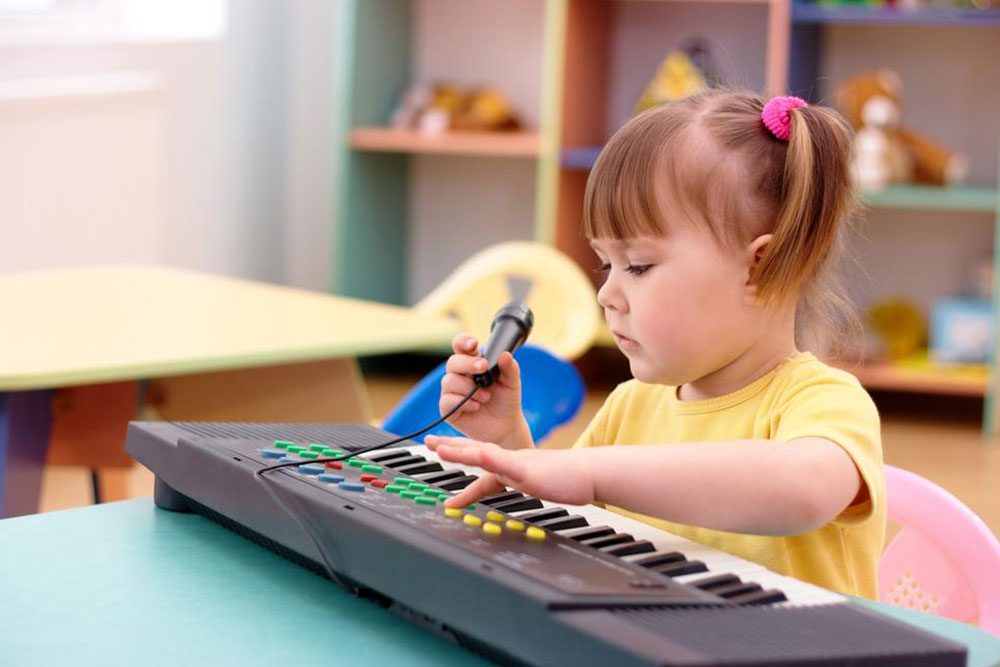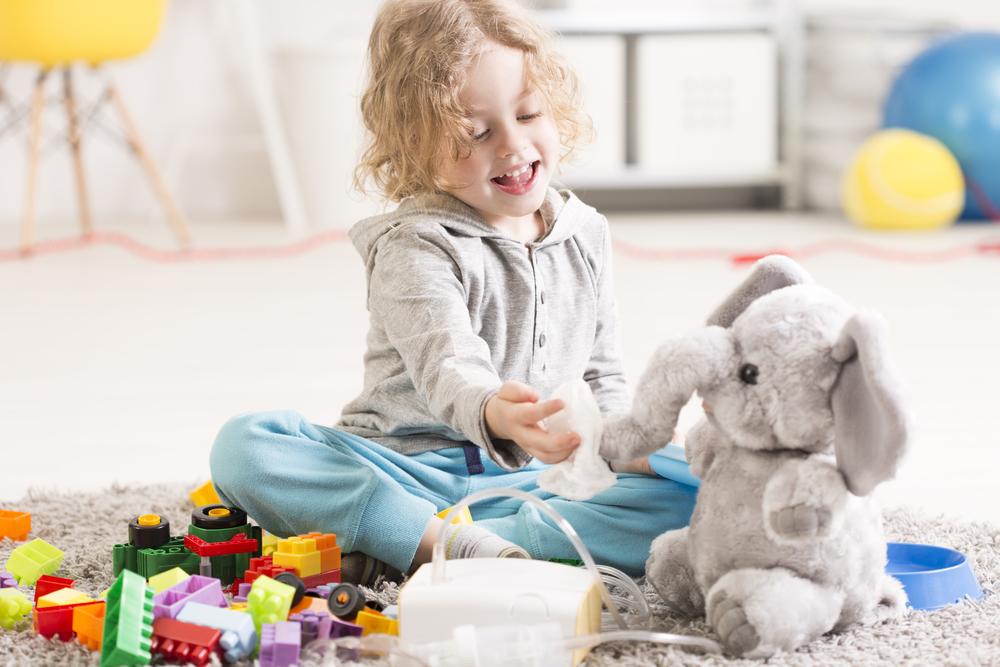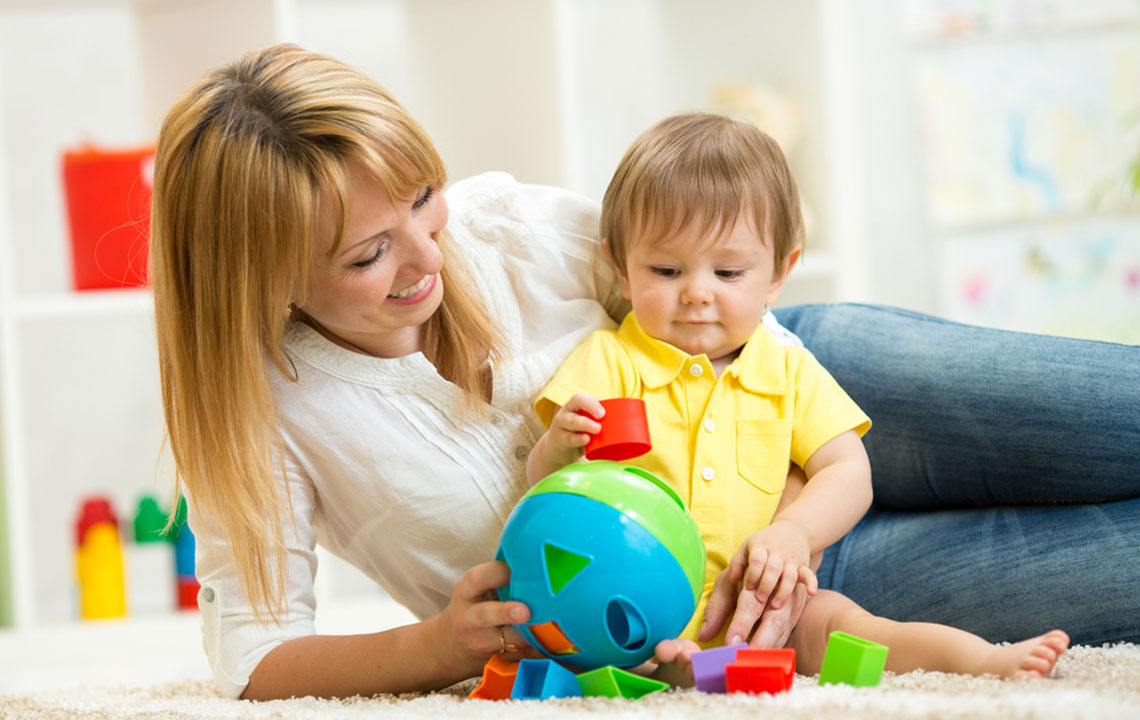Five Key Reasons Why Children's Toys Are Vital for Development and Growth
Children's toys are crucial tools that foster vital aspects of early development, including cognitive skills, motor abilities, social competence, and sensory perception. Properly selected toys make learning enjoyable, promote physical activity, and encourage emotional growth, supporting children through their formative years. Understanding the importance of play can help parents and caregivers choose the right toys to nurture their child's overall development and emotional well-being, laying a strong foundation for future success.
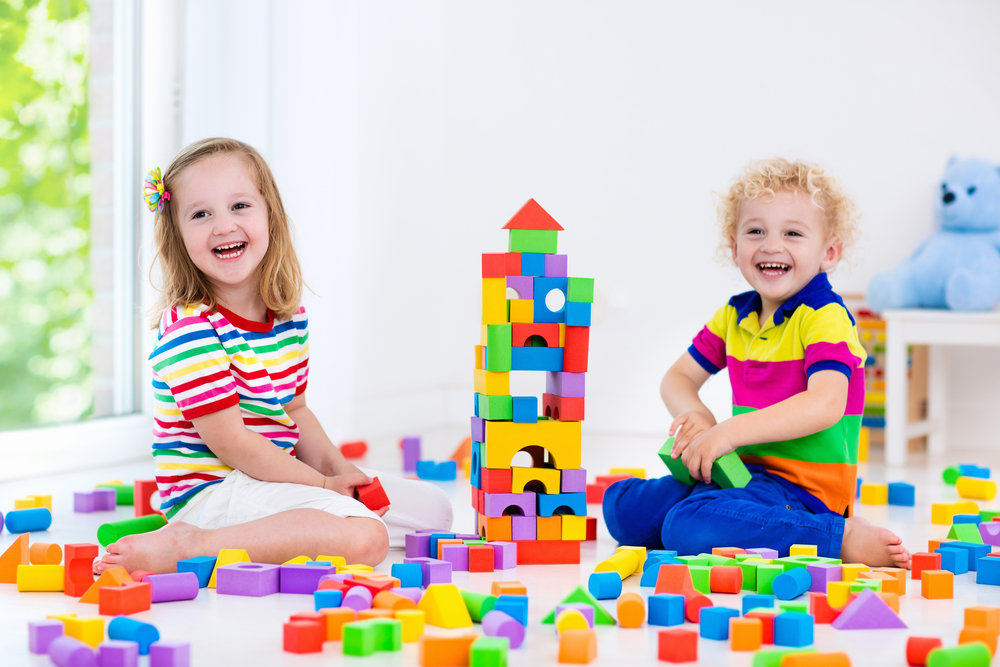
Five Key Reasons Why Children's Toys Are Vital for Development and Growth
Many new parents tend to overlook the significant role that toys play during their child's earliest years. However, experts in childhood development emphasize that toys are more than simple entertainment; they are fundamental tools that support a child's physical, cognitive, social, and emotional growth during critical developmental periods.
Caregivers, educators, and developmental psychologists agree that appropriately chosen toys can stimulate essential skills and foster an environment rich in learning opportunities. To understand why children's toys are indispensable for healthy development, it's important to explore the five main reasons that underscore their importance and how they contribute to holistic growth.
1. Promoting Educational and Cognitive Development
One of the primary benefits of children's toys lies in their ability to facilitate learning through play. Play is a natural and effective method for children to explore the world around them, making complex concepts more accessible and engaging.
Smartly designed toys like building blocks, puzzles, and role-playing kits introduce children to foundational knowledge in fun and interactive ways. For example, educational toys such as medical kits or cooking sets not only stimulate curiosity but also help children understand real-world phenomena while developing language, numeracy, and problem-solving skills.
Children's brains are especially receptive during early childhood, enabling them to absorb new information rapidly. Toys serve as practical tools that transform learning from passive reception into active engagement, making education both enjoyable and effective.
2. Enhancing Motor Skills and Physical Development
Physical activity is crucial for healthy growth, and toys play a vital role here by encouraging movement and coordination. Playing with balls, ride-on vehicles, or simple pull toys helps children develop fine and gross motor skills, which are essential for everyday tasks.
Many toys are intentionally designed to stimulate physical activity, such as pressing buttons that light up or opening compartments to discover surprises, which can serve as mini-exercises. These play activities improve coordination, grip strength, balance, and spatial awareness. Developing these motor skills early on lays a strong foundation for future physical fitness and coordination required for sports or other athletic pursuits.
3. Supporting Cognitive and Logical Thinking
Toys that challenge a child's problem-solving capabilities are instrumental in fostering cognitive development. Puzzles, logical games, and interactive electronic devices require children to think critically and make decisions, sharpening their reasoning skills.
By experimenting with different approaches to solve puzzles or operate gadgets, children exercise their mental flexibility and develop a growth mindset towards learning. Engaging regularly with such toys strengthens neural connections related to planning, concentration, and logical sequencing, essential for academic success and everyday reasoning.
4. Encouraging Social and Emotional Growth
Playtime with toys is a prime opportunity for children to learn about social cues, cooperation, and emotional regulation. When children participate in group activities or playdates, they learn essential social skills such as sharing, taking turns, and empathizing with others.
Specific toys designed for group play, like board games or collaborative building sets, foster teamwork and communication skills. Even unstructured play allows children to express themselves creatively and develop emotional resilience by experiencing joy, frustration, and achievement in a safe environment.
These interactions lay the groundwork for healthy relationships and emotional intelligence, crucial for navigating social contexts later in life.
5. Stimulating Sensory and Curiosity Development
Children explore their environment through their senses, and toys are vital tools that stimulate sensory perception. Textured toys, brightly colored objects, and musical instruments engage tactile, visual, and auditory senses, promoting sensory integration.
By touching, squeezing, listening, and observing, children refine their perceptual abilities and develop curiosity about their surroundings. Such hands-on interactions support causality understanding—how actions lead to outcomes—which is fundamental for cognitive advancement.
Besides developmental benefits, play enhances a child's happiness and engagement, fostering a positive attitude toward learning and discovery. Investing in a variety of age-appropriate toys can significantly support a child's overall development, ensuring they grow into well-rounded individuals capable of thriving in diverse environments.
